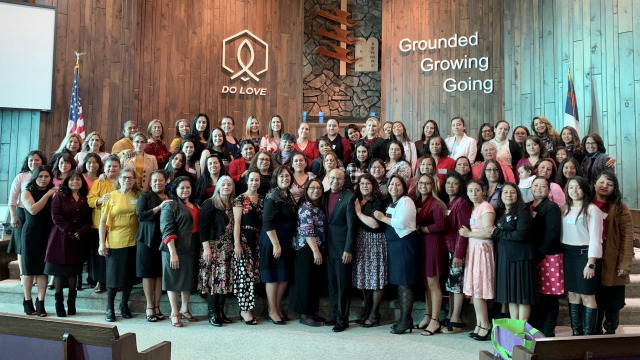By Vanessa Alarcón, MSW, LCSW – Boulder, Colorado … Many of us have been forced to adapt to what many refer to as the “new normal”. We’ve added a face mask to our list of things needed before we head out the door. We are meeting new people while not having fully seen their entire face and haven’t fully seen the faces of some of our own loved ones in more than a year. Jokes about not finding toilet paper at the store have become somewhat funny again and, well, the list goes on. The adaptation you’ve felt is a result of the way God created us. We’ve been so fearfully and wonderfully made that we are able to combat all types of stress through the process of resiliency.
What I’d like to suggest to you today is that just because you may have adapted, doesn’t mean that you’re completely well. The absence of a mental health disorder does not equate to emotional health. While we have a bit more predictability from the past, it is wise to continue checking on a very important aspect of your health—your mental health.
Here are some suggestions from the National Institute of Health to improve emotional wellness:
- Brighten your outlook – A sign of emotional wellness is being able to hold onto positive emotions longer and appreciate the good times. Give it a try!
- Reduce stress – The better you can cope with stress, the easier you can bounce back from difficult moments in your life. Sometimes, this means reducing time watching the news or interacting with certain people.
- Get quality sleep – Sleep helps you think more clearly, have quicker reflexes and focus more sharply. Take steps to make sure you regularly get a good night’s sleep.
- Strengthen social connections – Our connections influence our biology and well-being. Now is the time to get creative in how we foster
And for those connected to a local church, you can benefit from belonging to a faith community as a protective factor in your wellness. A protective factor is a way that we reduce the effects of stressful life events. We serve an incredible God who shows us through Scripture His profound love and care for us. I’d encourage you to cling to the many promises found in His word as we continue to endure this pandemic, separately, but together.
If you are concerned about your mental health or the mental health of a loved one, consider seeking help from a mental health professional. If you are experiencing a mental health crisis, you can call the National Suicide Prevention Lifeline at 1-800-273-2855.
—Vanessa Alarcón is a licensed clinical social worker in Denver, CO. She also serves as the Faith Engagement pastor at Boulder Church; photo by UnSplash



